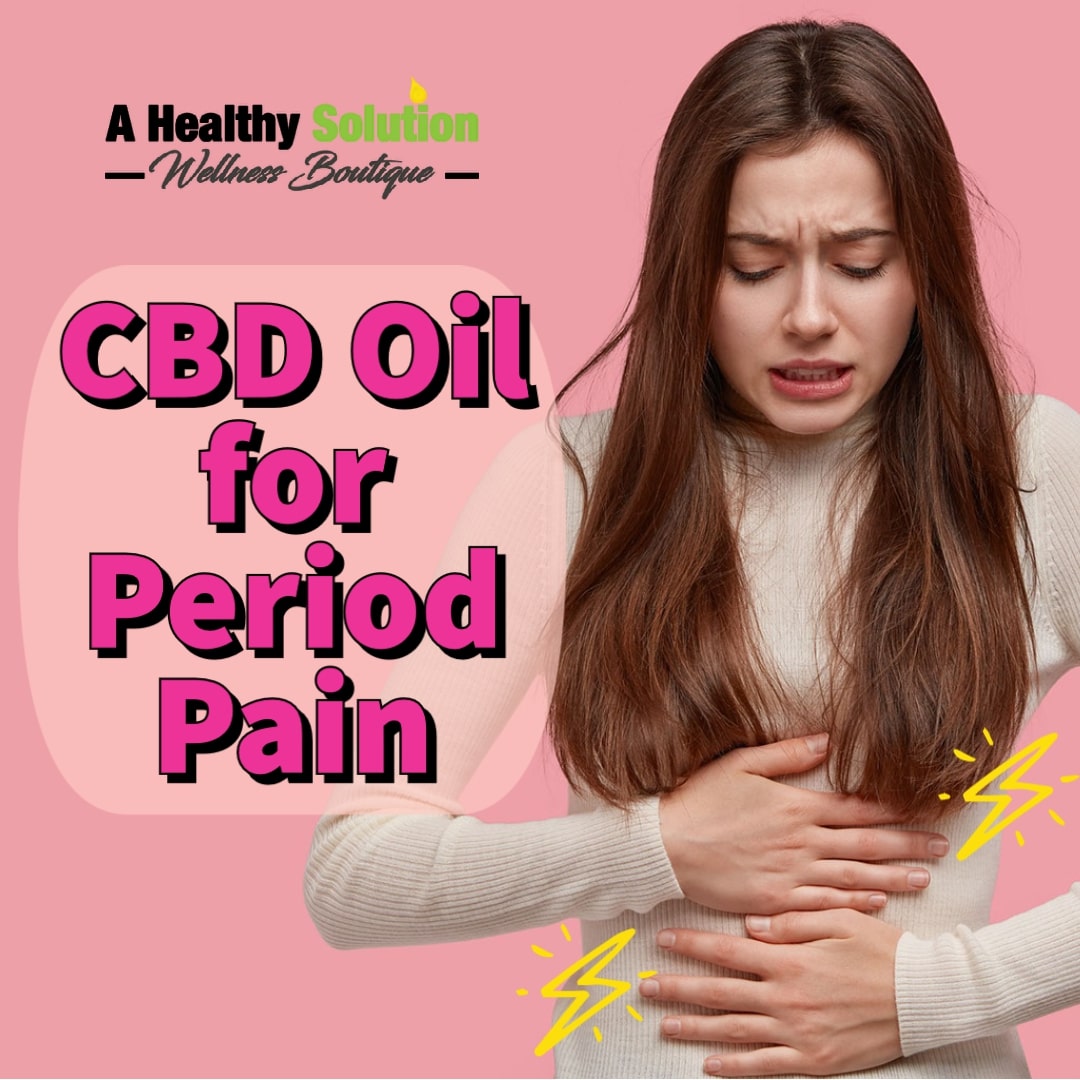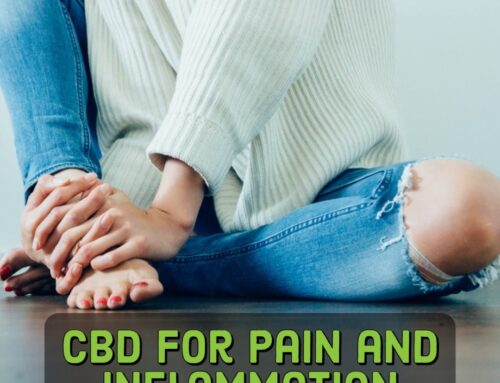What is postpartum?
When the baby arrives every new parent worry that they don’t really know what they are doing and somehow, inadvertently, they may do something, or not do something, that causes harm
to their baby. Until a baby arrives, you don’t realize how totally vulnerable a little human is and now you are totally responsible for it! This can be scary sometimes, but these worries are totally normal, and everyone gets them occasionally. Approximately 15% of new mothers will experience what is classified as postpartum depression (PPD). Symptoms may occur a few days after delivery or sometimes as late as a year later.
Symptoms of Postpartum Depression or Anxiety include but are not limited to:
o Deep Sadness
o Crying Spells
o Hopelessness
o Excessive Worrying
o Intense Irritability or Anger
o Loss of Appetite
o Inability to Sleep, Even When the Baby is sleeping
o Overwhelming Fatigue
o Loss of Interest in Sex
o Lack of Joy in Life
o Feelings of Shame, Guilt or Inadequacy
o Severe Mood Swings
These are just to name a few as other women may experience other symptoms along the same
as these.
In women with postpartum depression, symptoms usually begin within the first four weeks of giving birth, although some women report decreasing mood in the late third trimester of pregnancy. A rapid decrease in some hormones after delivery is thought to be one contributing factors to the development of postpartum depression. But other risk factors include stressors, previous depressive episodes, depression during pregnancy, complications during pregnancy or delivery, and even a family history of mood disorders. Effects of Postpartum depression is associated with reduced mother-infant bonding, as well as increased marital stress and may also be associated with poorer cognitive and social-emotional development later in a child’s life. Further risk factors for developing postpartum depression include age younger than 20 years, low self-esteem or life stressors like low socioeconomic status, a lack of having social support before and after the birth of the baby, and marital problems, including any history of intimate partner violence.
How is postpartum treated?
Antidepressant medications, cognitive-behavioral therapy (CBT), and interpersonal therapy have been shown to be effective. Antidepressants affect certain brain chemicals called neurotransmitters. There are lots of antidepressants. Some types work on different brain chemicals than others. Particular care is taken when considering medication given the potential
risks of exposing a baby to the medications through breastfeeding. Although newer antidepressants are designed not to interfere with breastfeeding, there are no guarantees that they will work. It is also a fact that breastfeeding moms have limited choice when it comes to prescription drugs. And, if you have an adverse reaction to one drug, there may not be another option for you on the market.
There are many side effects of anti-depressants not limited to nausea, increased appetite and weight gain, loss of sexual desire and other sexual problems, such as erectile dysfunction and
decreased orgasm, fatigue and drowsiness, and even insomnia. It is even known to cause addiction to these antidepressants.
How will CBD benefit?
One of the most significant findings of the last decade in this sphere is the fact that cannabinoids are found naturally in human breast milk. Several studies have confirmed that breast milk contains the same cannabinoids found in the marijuana plant and they are crucial for correct human development. Endocannabinoids help teach a newborn baby how to eat by stimulating the process of suckling. If these endocannabinoids didn’t exist, babies wouldn’t know how to eat nor would they have the desire. The result would be malnourishment and possibly death. When it comes to the concern of breastfeeding while using CBD, what we do know is that CBD is a far better choice than THC when battling anxiety and depression. CBD is known to work on serotonin, the neurotransmitter associated with depressed moods. It is also worth noting that CBD is regularly prescribed for children with seizures. It offers a nonintoxicating method of combating the problem with no side effects. Many PPD-suffering mothers, and especially those who have high anxiety levels too, have reported that CBD oil helps to make them more mellow and relaxed around their children. The pain-relieving and anti-inflammatory traits of this natural treatment are a bonus.
Will a change in nutrition be beneficial?
Postpartum wellness has been misinterpreted as weight loss, but in actuality, a woman’s body needs careful attention for recovery and healing in the form of nourishing foods, rest, and
support. The pursuit of postpartum recovery should not be weight loss but rather, giving the body the optimal nutrition needed to heal from the transformative journey of pregnancy. Nutrition is not about perfection but rather, about treating the body well and giving it the nutrients needed to both promote recovery from pregnancy, support mental health and wellness, and provide the energy needed to sustain milk supply if breastfeeding. Go to meals are important. Keep easy to digest meals in your freezer like soup, bone broth, or casseroles. As a new mom, it’s likely that your time for making meals will be limited, so prep food ahead of time or double a recipe that you’re making that night. Then freeze leftovers in grab-and-go containers for meals later. Whole food snacks like peanut butter and banana or celery and hummus are great to have in the refrigerator for those days you don’t feel like cooking. Keeping your nutrition up to par will not only increase your mood and serotonin levels, but it will keep you and your baby healthy






I appreciate, cause I found exactly what I was looking for. You’ve ended my 4 day long hunt! God Bless you man. Have a great day. Bye